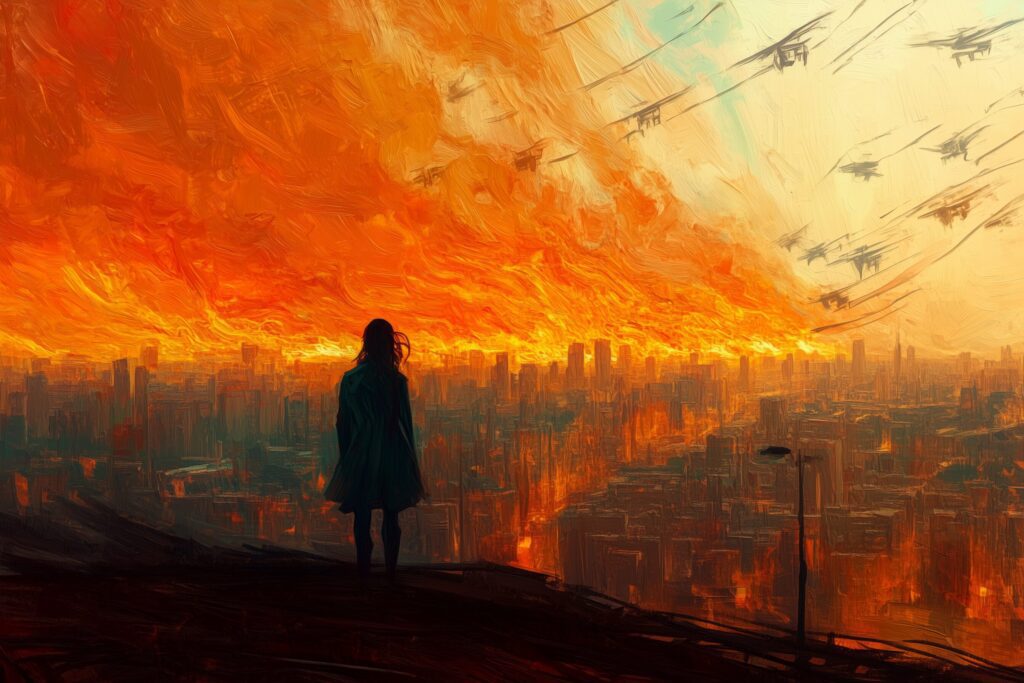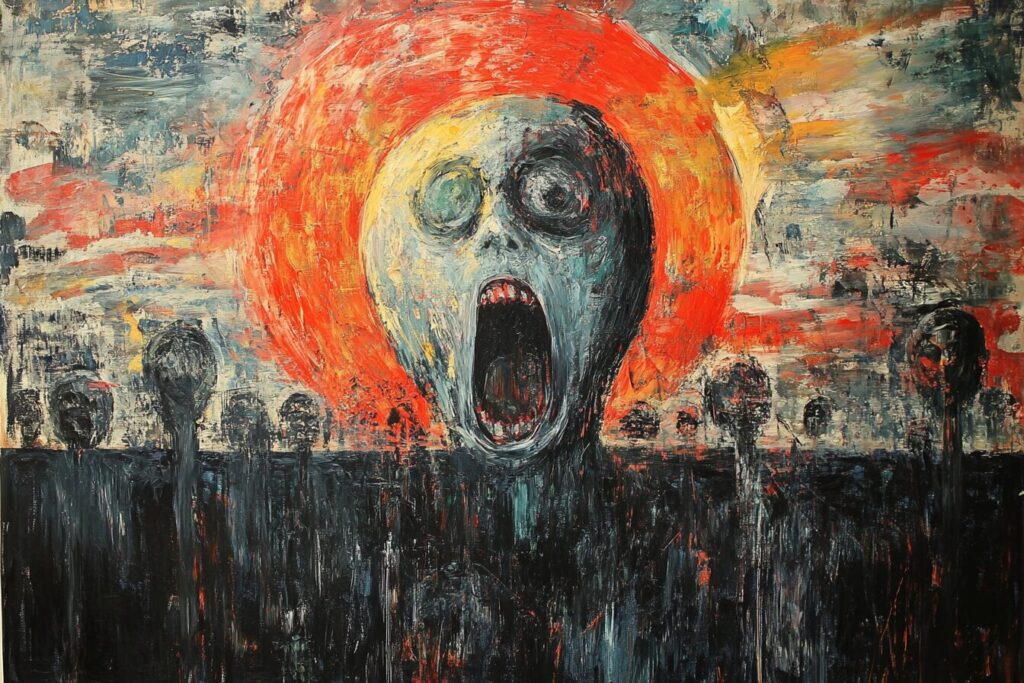AI generated post – please fact check before believing.
In recent news, King Charles expressed regret for Britain’s past colonial crimes in Kenya. While this may seem like a step towards acknowledging the wrongdoings of the past, it raises the question of whether Britain is doomed to repeat history.
Britain’s history in Kenya is marked by colonization and the mistreatment of the native population. From the late 19th century, British authorities forcibly took the land, confined the native people in reserves, and introduced forced labour. One specific reference made by King Charles was to Britain’s response to the Mau Uprising in the 1950s.
The Mau, formerly known as the Kenya Land and Freedom Army, was a militant group that fought against British rule. The British response to their uprising was fierce, involving bombings, the internment of over a million Kenyans in barbed wire villages, and the rounding up of over 100,000 individuals suspected of being part of the Mau.
It is important to note that the British repression of the Mau Uprising resulted in the death of over 11,000 people, the majority of whom were not involved in armed resistance. The British media of the time portrayed the Mau as a terrorist group, justifying the collective punishment of the civilian population.
Drawing parallels to contemporary events, we can see similarities in how the media portrays certain groups as terrorists and justifies the collective punishment of civilian populations. For example, the coverage of the Israeli-Palestinian conflict often describes Hamas as a terrorist group without acknowledging the context of occupation and injustice.
It is crucial to have a broader perspective when examining historical events and their implications. The actions taken by resistance groups, such as the Mau, can be debated as either acts of terrorism or as part of a larger struggle for freedom. However, the root cause of these struggles is often the result of imperialistic occupation.
Looking back at history, we can see that people often prioritize their interests rather than recognizing the rights and freedoms of others. This bias is prevalent in media coverage, where narratives focus on condemning certain groups without addressing the larger context.
Overall, it is essential to analyze historical events and their contemporary parallels critically. By understanding the root causes and complexities of conflicts, we can better strive for a more nuanced and informative perspective. Rather than being told what to think or feel, it is essential to seek out alternative sources of information and engage in open dialogue to promote a more comprehensive understanding of history.






